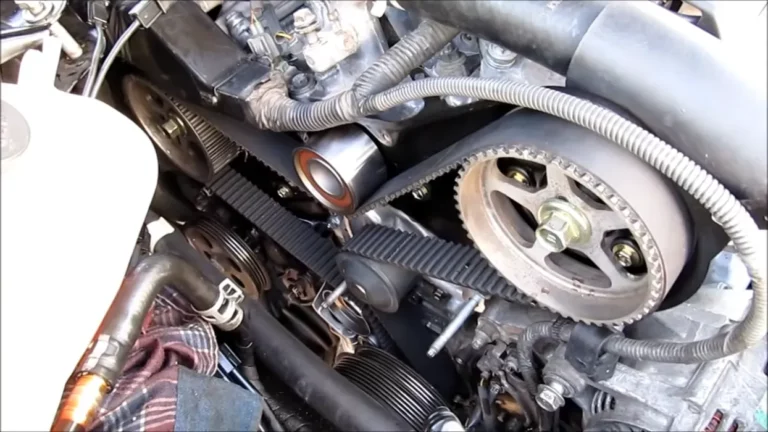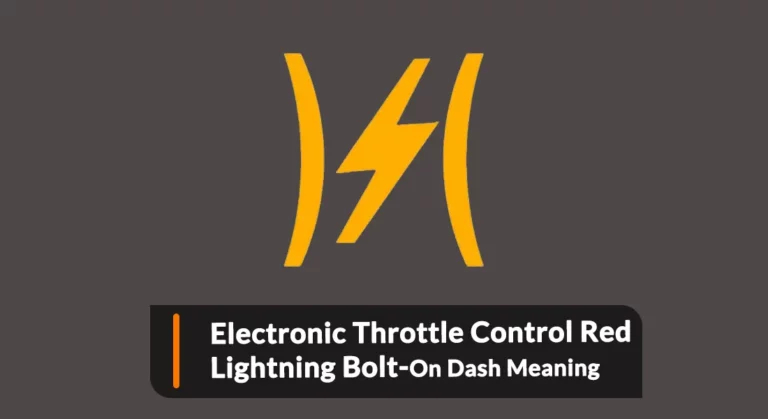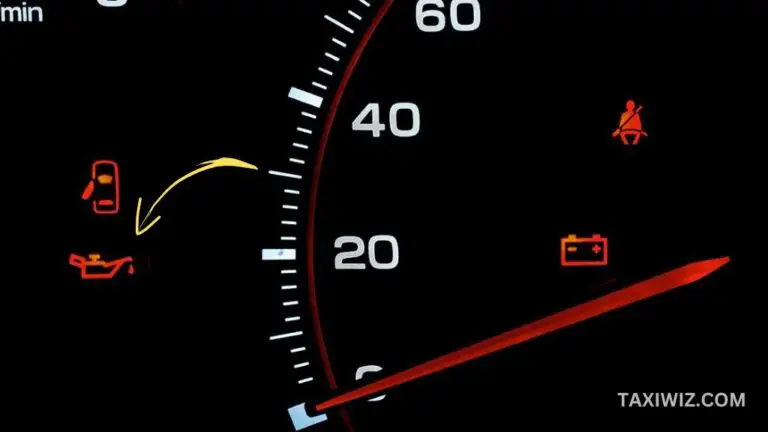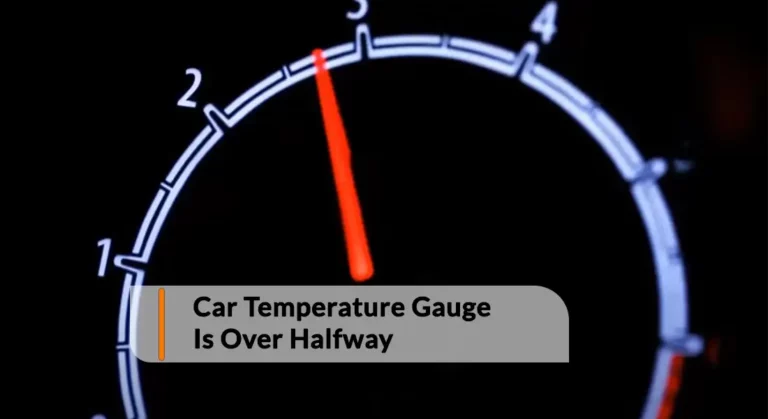Will A Bad Alternator Keep A Car From Starting?
The alternator keeps your car running smoothly by providing electricity to vital electrical parts. Can a malfunctioning alternator, however, completely stop your car?
Several problems can be the cause of a car not starting. However, the alternator’s state should not be counted out as a possible cause. A damaged alternator might prevent your car from starting. The reasons are:
- Drained battery
- Lack of ignition power
- Failure to power components
- Disrupted voltage regulation
- Faulty fuel pump
- Dysfunctional charging system
Pay attention this blog for a detailed examination of the warning signs, symptoms, and fixes for defective alternator.
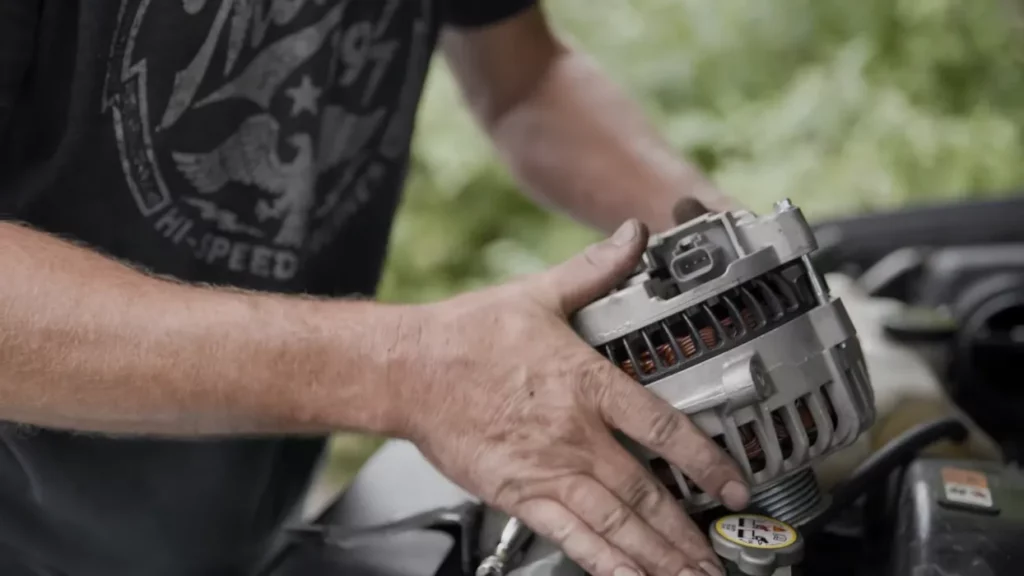
What Is an Alternator and Its Purposes in a Car?
An alternator is a mechanical component that is belt-driven by the engine’s crankshaft. It is in charge of producing the electricity needed to replenish the battery and power different electrical components.
The following are the main uses for an alternator in a car:
- Generating power: The alternator transforms the mechanical energy from the engine’s spinning into electrical energy to produce power. It does this via electromagnetic induction.
- Charging battery: The alternator produces power while the engine is running and sends it to the battery. By doing this, the battery is kept charged and prepared to power the electrical systems.
- Powering electrical elements: The alternator powers the vehicle’s electrical components. This applies to the headlights, interior lighting, radio, HVAC, and other electrical devices.
- Supporting ignition system: A steady and dependable power supply is necessary for modern cars. The alternator makes sure that the ignition system receives a steady supply of power.
- Managing electric load: The alternator aids in controlling the vehicle’s electrical load. Depending on the current electrical needs, it modifies its output.
- Regulating voltage: The electrical system of the car may be kept at a steady and suitable voltage level by built-in voltage regulators in alternators.
What are Some Causes of an Alternator Going Bad?
There are a few reasons why an alternator of a car may go faulty. The most common reasons are listed below:
1. Deterioration or Aging
The rotating elements and electrical components in alternators can deteriorate over time. To produce an electrical current, the brushes come into contact with the rotor.
These could deteriorate and lose their potency. The bearings that hold the rotor in place may also become worn out.
This results in failure or excessive noise. The diodes that transform alternating current might also stop working as a result of heat or aging.
2. Lack of Ignition Power
The alternator may get overworked if your car runs with a heavy electrical load on a regular basis. The simultaneous usage of many devices, such as the stereo system, air conditioner, and headlights, may be the cause of this.
Adding aftermarket electrical components, such as strong music systems and auxiliary lighting, may potentially be the cause.
The increasing demand for power can make the alternator have trouble keeping up. As a result, it will eventually result in its downfall.
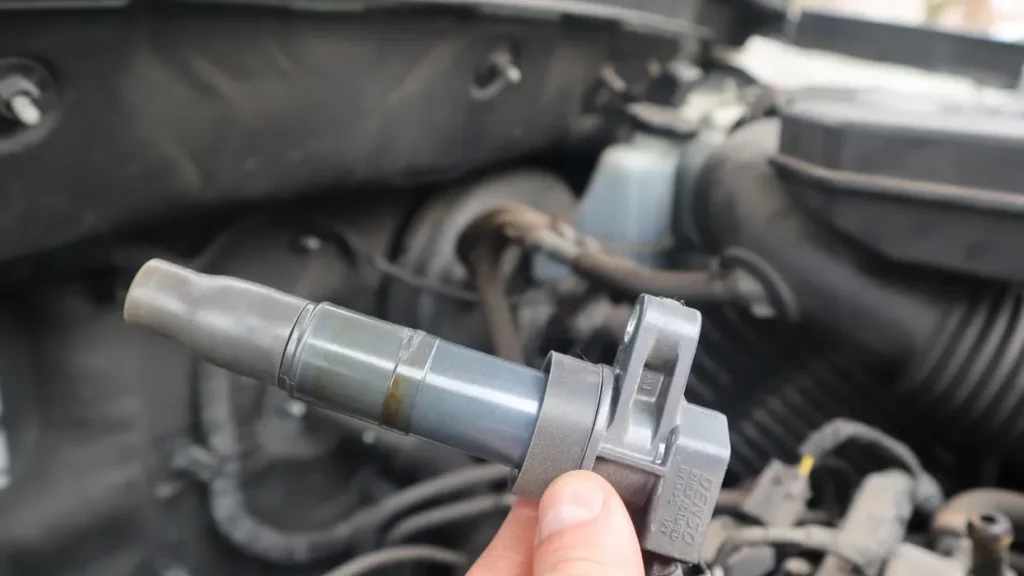
3. Loose or Broken Belt
An engine’s crankshaft is attached to a belt that powers the alternator. The belt may slide or break if it is slack or worn out. A belt that is too loose won’t supply the alternator with enough power.
As a result, electrical output is decreased. A worn-out or broken belt may eventually fail. The alternator will completely stop working as a result.
4. Voltage Regulation Failure
A crucial part of the alternator is the voltage regulator. It keeps an eye on the voltage of the electrical system and adjusts the output of the alternator accordingly.
Battery charging irregularities or overcharging may result from a malfunctioning voltage regulator. Undercharging can result in a depleted battery, while overcharging can harm the alternator and other electrical parts.
5. Damage from Water
The engine compartment is normally where alternators are found. Due of this, they are more susceptible to being exposed to water and severe weather. The interior components of the alternator casing may corrode if water gets inside.
Electrical connections and windings may suffer damage. The interruption of the power flow caused by corrosion might eventually result in alternator failure.
6. Failure to Jump Start Properly
Improper jump-starting of a car may damage the alternator. A quick surge of electrical current can be brought on by improper jumper wire connections.
Inverting the positive and negative terminals or utilizing a high-voltage power source is a common cause. The alternator may be overloaded by this surge. This might harm internal parts and cause failure.
Guide to Fixing a Bad Alternator that Prevents a Car from Starting
A methodical approach is necessary when troubleshooting problems caused by a faulty alternator. You can follow the instructions listed below:
Examine the Battery
Utilizing a multimeter, start by determining the voltage of the battery. Significantly low voltage (below 12 volts) might be a symptom of a depleted battery.
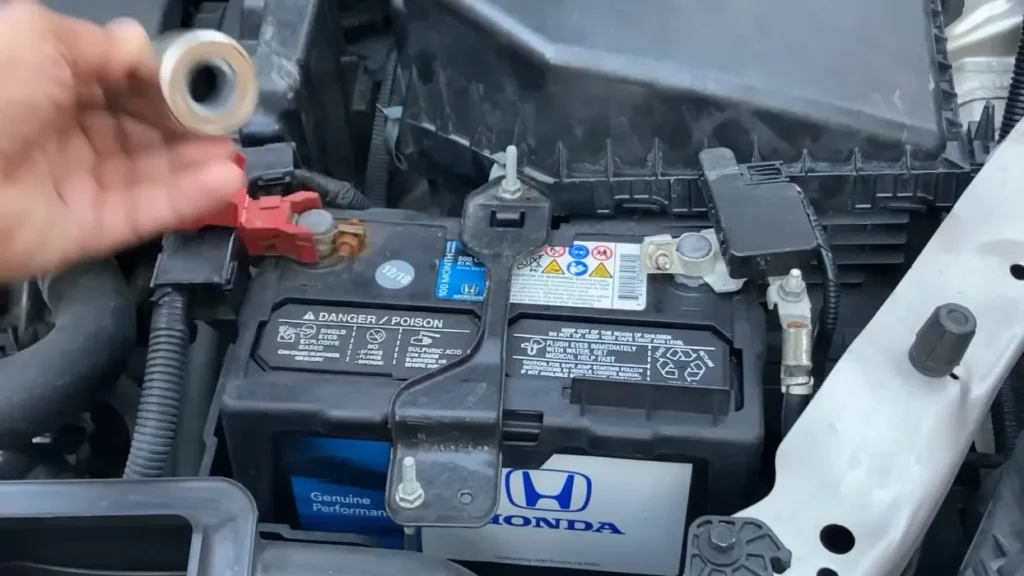
In this situation, watch the battery’s voltage while charging it using the proper charger. Replace the battery if it does not retain a charge or keeps losing power quickly.
Inspect the Alternator Belt
Check the alternator belt to make sure it is correctly tensioned and free from damage or wear.
The performance of the alternator might be affected by a loose or sliding belt. If required, tighten the belt or get a new one.
Check the Alternator Output
Determine the voltage across the battery terminals using a multimeter while the engine is running.
Around 13.9 to 14.8 volts should be the output of a good alternator. If the voltage is noticeably lower, there could be an alternator issue.
Examine the Electrical Connections
Check for any loose or corroded connections at the battery terminals, alternator connections, and grounding points.
As necessary, clean or tighten the connections. This will make the electrical connection secure.
Diagnose the Voltage Regulation
If there is a problem with voltage control, more testing may be necessary. Test the voltage regulator or the integrated regulator in the alternator using specialist diagnostic equipment.
Verify Fuel Pump Operation
A lack of power from the alternator may be the cause of the fuel pump’s malfunction.
Examine the electrical connections and fuse for the fuel pump. When the ignition is turned on, keep an ear out for the buzzing sound of the fuel pump. The fuel pump should be changed if there is no sound.
Fix Any Water Damage
Visually check the appliance for water damage. Check the electrical connections for moisture or corrosion. Pay close attention to the windings, diodes, and voltage regulator.
Attempt to use a soft brush or towel to clean and dry the alternator. You can use a little stream of compressed air if required.
Read Also: Identifying and Resolving Oil Leak into the Alternator
How to Keep the Alternator from Going Bad?
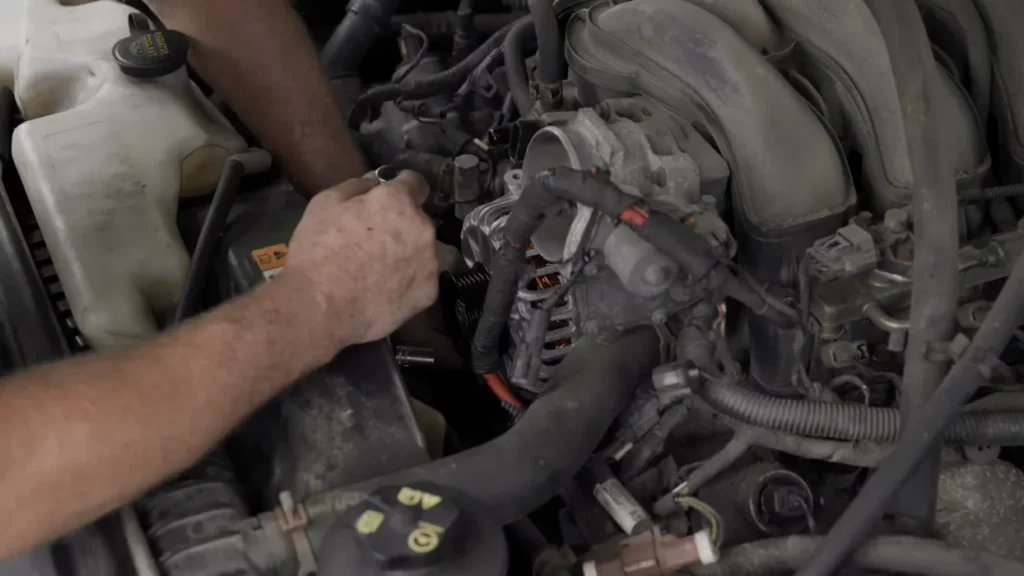
You may take a number of precautions to take care the alternator. Here are some pointers for extending the alternator’s lifespan:
- Perform routine checks on the alternator and charging system.
- Utilize high-powered electrical accessories cautiously to prevent overloading the electrical system.
- Make sure any extra accessories are securely fastened and do not exceed the alternator’s power output.
- Examine the grounding points and battery terminals on a regular basis.
- Keep the battery well charged and check its condition frequently.
- Do not regularly discharge the battery to zero.
- Be alert for strange noises, fading lights, and battery warning lights.
- Make sure the jumper cables are properly connected before starting the car.
Frequently Asked Questions [FAQs]
What is the lifetime of an alternator?
Approximately 8 to 12 years or 80,000 to 150,000 miles, whichever occurs first.
Can a faulty alternator drain battery?
Yes.
How much does an alternator replacement cost?
A replacement of a bad alternator may cost between $300 to $900 depending on the parts and labor cost.

